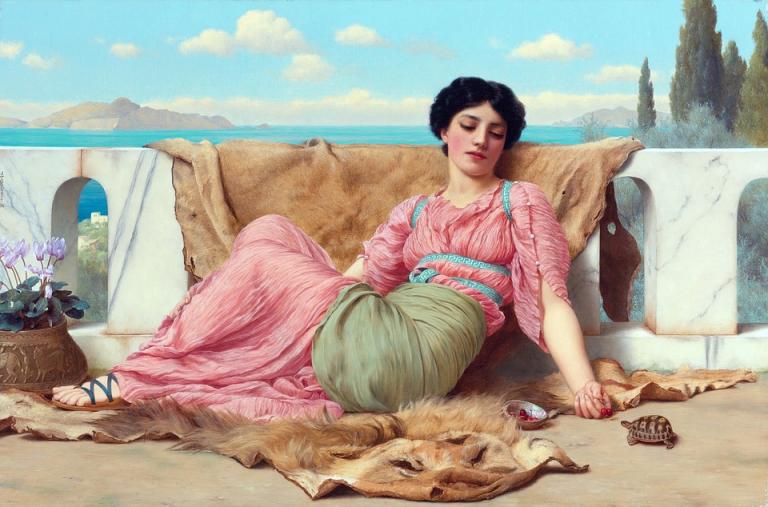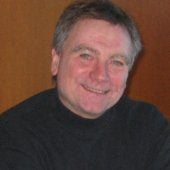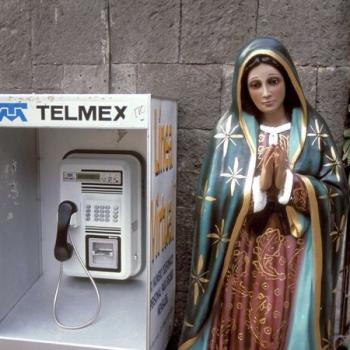
By Timothy Askew; reprinted from Inc. with the kind permission of Timothy Askew.
In her book Killosophy, poet and aphorist Criss Jami says, “Telling an introvert to go to a party is like telling a saint to go to hell.”
I’m an introvert. I like to write. I like to read. I like to think. I like to listen to music alone. While I can network socially, I need down time afterwards to renew.
I read a book called Quiet: The Power of Introverts in a World That Can’t Stop Talking by Susan Cain a few years ago. After I closed it I put my head on my desk and wept. It was an event of damascene revelation for me. It made sense of my nearly two decades of unease as an entrepreneur and as the public representative of my company. Finally.
We live in a nation that rewards the outgoing. From the testosterone-fueled culture of the Harvard Business School case study process to the bigger than life personalities of Donald Trump, Jack Welch, Richard Branson, Russell Simmons et. al., extroverts are accepted as the ideal of business leadership. We are a country that increasingly idealizes and rewards a type-A personality leadership of overbearing public positivity, dominance, and back-slapping ebullience. On the other hand, Susan Cain describes the view of the introvert as “a second-class personality trait, somewhere between a disappointment and a pathology.” Society values an “extrovert ideal-the omnipresent belief that the ideal self is gregarious, alpha and comfortable in the spotlight.”
Cain feels this is dangerous for our country and for the future of business. She reports we have evolved from a Culture of Character to a Culture of Personality. “If Abraham Lincoln was the embodiment of virtue during the Culture of Character, then Tony Robbins is his counterpart during the Culture of Personality.” (Cain devotes quite a harsh chapter castigating ol’ Tony. You might want to balance it with a look at Glenn Plaskin’s more sympathetic interview of Robbins in September’s 2013 Playboy.)
Yet, contrary to the HBS ideal of vocal, out-there leadership, the ranks of effective introverted CEOs are legion. Cain turns to Peter Drucker for support. Drucker says,
“Among the most effective leaders I have encountered and worked with in half a century, some locked themselves in their offices and others were ultra-gregarious. Some were quick and impulsive, while others studied the situation and took forever to come to a decision….The one and only personality trait the effective ones I have encountered did have in common was something they did not have: they had little or no ‘charisma’ and little use either for the term or what it signifies.”
Cain notes Brigham Young professor of management Bradley Agle, who studied CEOs of 128 major companies and found that those considered charismatic by their top executives had bigger salaries but not better corporate performance. (Does CEO Charisma Matter? Academy of Management Journal 49, p. 161) Among these introverted CEOs are Charles Schwab, Bill Gates, Brenda Barnes (Sara Lee), and James Copeland (Deloitte).
My unsolved conundrum, as an introvert entrepreneur, is how to honor my own authenticity and originality without being comfortable with the expressive norms of an extroverted society.
Note the grave danger of what Cain calls “The New Groupthink-a phenomenon that has the potential to stifle productivity at work and to deprive school children of the skills they’ll need to achieve excellence in an increasingly competitive world.”
Mohandas Gandhi was a shy man, an introvert. Here’s what he said: “I have naturally formed the habit of restraining my thoughts. A thoughtless word hardly ever escaped my tongue or pen. Experience has taught me that silence is part of the spiritual discipline of a votary of truth. We find so many people impatient to talk….My shyness has been in reality my shield and buckler. It has allowed me to grow. It has helped me in my discernment of truth.”
And one more wonderful quote, if you will indulge me. This is Richard Hofstadter (Anti-Intellectualism in America) on the miraculously prescient Alexis de Tocqueville.
“Tocqueville saw that the life of constant action and decision which was entailed by the democratic and businesslike character of American life put a premium upon rough and ready habits of mind, quick decision, and the prompt seizure of opportunities-and that all this activity was not propitious for deliberation, elaboration or precision in thought.”
Thanks, Alexis.
Image: “The Quiet Pet,” John William Godward, Wikimedia.
 Tim Askew is the owner of sales firm Corporate Rain International and a member of the Inc. Business Owners Council. He has several advanced degrees, and has been a tennis pro, actor, opera singer, Broadway producer, dishwasher, bartender, minister, and college assistant dean. Askew is the author of the book The Poetry of Small Business (available on Amazon). @TimothyAskew
Tim Askew is the owner of sales firm Corporate Rain International and a member of the Inc. Business Owners Council. He has several advanced degrees, and has been a tennis pro, actor, opera singer, Broadway producer, dishwasher, bartender, minister, and college assistant dean. Askew is the author of the book The Poetry of Small Business (available on Amazon). @TimothyAskew














